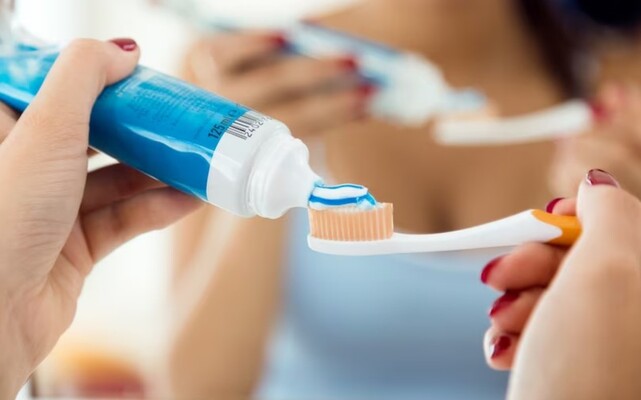- 1-905-452-8193
- Contact Us
- Member Login
- Get Listed Today
- 220,911 members

As we go about our daily lives, it's easy to forget the importance of oral care. We brush our teeth in the morning and at night, but often don't give much thought to the health of our mouths beyond that. However, neglecting our oral health can have serious consequences, both for our teeth and for our overall health. In this comprehensive guide, we'll explore the importance of oral care and provide tips and advice for maintaining a healthy smile.
Oral care is important for a number of reasons. Firstly, good oral hygiene can prevent a range of dental problems, including cavities, gum disease, and bad breath. These issues can be painful, uncomfortable, and expensive to treat, so it's important to take steps to prevent them from occurring in the first place.
But the benefits of oral care go beyond just dental health. Poor oral hygiene has been linked to a range of health problems, including heart disease, stroke, and diabetes. This is because the bacteria that build up in our mouths can enter the bloodstream and contribute to inflammation in other parts of the body.
So, taking care of your oral health isn't just about having a bright, healthy smile - it's about protecting your overall health and wellbeing.
There are a number of steps you can take to maintain good oral hygiene and keep your teeth and gums healthy. Here are some tips to get you started:
Brushing your teeth twice a day and flossing once a day is essential for removing plaque and preventing cavities and gum disease. Make sure to use a fluoride toothpaste and a soft-bristled brush, and brush for at least two minutes each time.
Flossing is also important for removing food particles and bacteria from between your teeth and along the gum line. If you find flossing difficult or uncomfortable, try using an interdental brush or water flosser instead.
Mouthwash can help kill bacteria and freshen your breath. Look for a mouthwash that contains fluoride to help strengthen your teeth and prevent cavities.
What you eat can have a big impact on your oral health. Try to avoid sugary and acidic foods, which can erode tooth enamel and contribute to cavities. Instead, focus on eating a balanced diet that includes plenty of fruits, vegetables, and whole grains.
Sugary drinks like soda and sports drinks can be particularly damaging to your teeth. If you do indulge, try to drink through a straw to minimize contact with your teeth, and rinse your mouth with water afterwards.
Regular dental checkups and cleanings are essential for maintaining good oral health. Your dentist can identify and treat any issues early on, before they become more serious and more expensive to treat.
Taking care of your oral health is essential for a healthy smile and a healthy body. By brushing and flossing regularly, eating a healthy diet, and visiting your dentist regularly, you can prevent dental problems and protect your overall health and wellbeing. So, next time you're tempted to skip your nightly brushing, remember that taking care of your teeth is about more than just having a pretty smile - it's about taking care of yourself.
